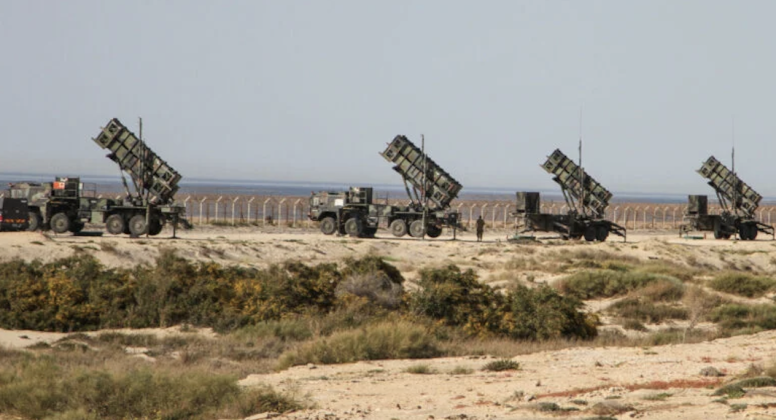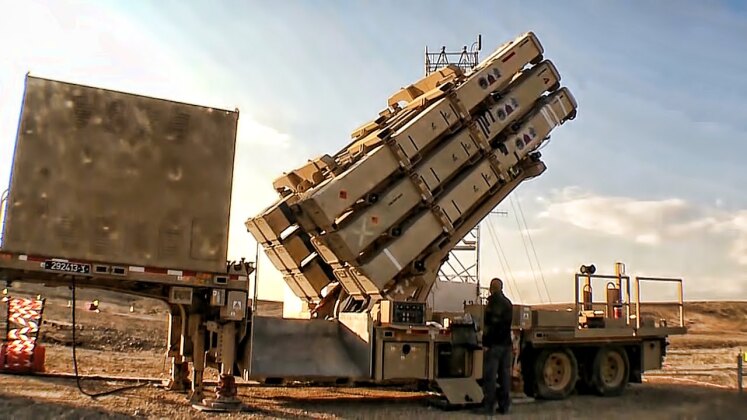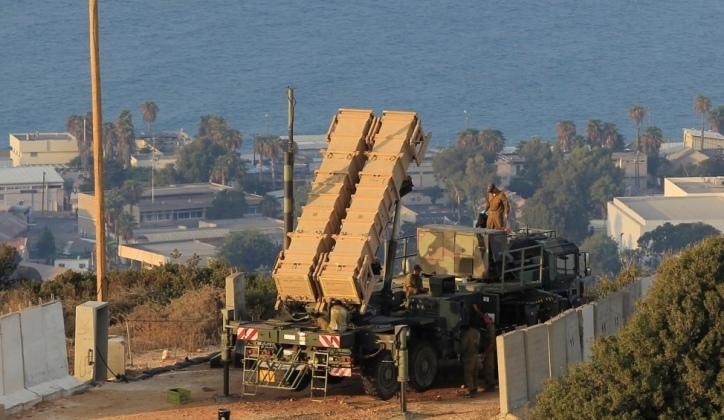The Israeli Defence Forces have confirmed plans to mothball U.S.-supplied MIM-104 Patriot air defence systems, less than a month after an unprecedented Iranian drone and missile strike saw the country and allied U.S. forces launch the largest surface to air missile barrage in history. The decision to retire a major part of the country’s air defence network in the midst of combat operations of considerable intensity, and at a time when air defences are facing unprecedented pressure, is highly unusual. This has been interpreted by a number of analysts as a significant indication of the Patriot’s performance shortcomings. Not only has the system’s combat record left much to be desired, in operations ranging from the Gulf War to the defence of Saudi airspace against Yemeni strikes, but perhaps most critically for Israel the system has consistently shown a significant propensity for friendly fire.

The confirmation of plans to retire the Patriot has come amid the emergence on a considerable scale of reports of friendly fire issues during Israeli air and air defence operations, leading to the shooting down of significant numbers of friendly drones. U.S. Military sources have reported that 40 percent of aircraft shot down by Israeli forces in recent months have been friendly. While it remains uncertain to what extent Patriot systems have been used in recent months, the system has a long history of friendly fire that gained a degree of publicity during the U.S. invasion of Iraq. During the invasion the extent of the threat of friendly fire from Patriots was such that U.S. Air Force and Navy pilots considered them to be the greatest threat they faced in the air. “The Patriots scared the Hell out of us,” one F-16 pilot summarised, with the systems frequently locking onto friendly targets resulting in an activation of their radar warning receivers, and on multiple occasions firing on friendly aircraft. Other incidents of Patriots damaging residential areas following intercept failures has further increased possibility that the Israeli Defence Forces perceive the systems to be a greater danger than they are worth.

The Patriot previously formed the mid-tier of Israel’s air defence network, with the shorter ranged Iron Dome providing defence against drones and rocket artillery while the higher tier Arrow system was designed to shoot down medium range ballistic missiles at very high altitudes. Patriots have since been replaced by the David’s Sling system, however, which was jointly developed by Raytheon and Israel’s Rafael. The newer system’s specifications far outperform those of the Patriot, and in 2023 it gained its first foreign orders with a purchase by Finland to complement its upcoming deployment of F-35 fighters. A particularly outstanding feature of the new system is its use of Stunner missiles with dual-mode terminal homing, meaning that each deploys two seekers one using an active electronically scanned array radar and the other using imaging infra red. Either seeker can guide the missile towards its target, and using both significantly reduces chances for targets to decoy or jam its missiles on approach.

While the David’s Sling system provides a direct successor to the Patriot, the sheer volumes of missiles and aircraft which Israel defences are expected to face in the event of escalated conflict with either Iran or the Lebanese militia Hezbollah meant the Patriots were expected to remain in service to reduce the possibility of air defences being overwhelmed. Israel’s existing arsenal of surface to air missiles, even with support of nearby American arsenals, is considered wholly insufficient to intercept full scale bombardment by either of these adversaries, with surface to air missiles costing several times as much as the drones and ballistic and cruise missiles they are relied on to intercept. The decision to retire the Patriot is thus highly unusual, particularly at a time when Israeli’s adversaries have shown an unprecedented propensity to target ground based air defence systems with precision guided weapons. The retirement has thus been widely interpreted as an indication of dissatisfaction with its performance – one which could be a significant contributor to future friendly fire issues hindering overall air defence efforts.